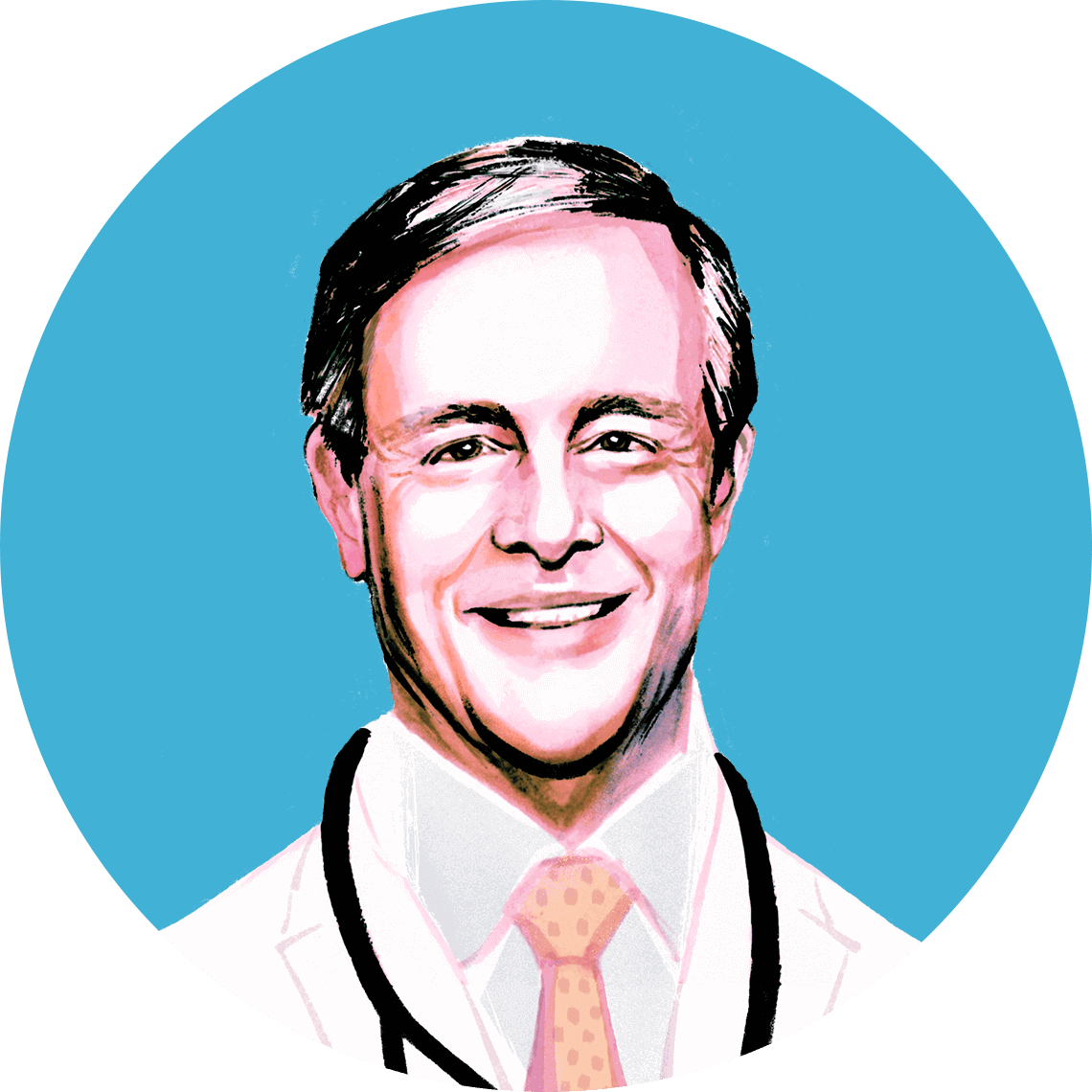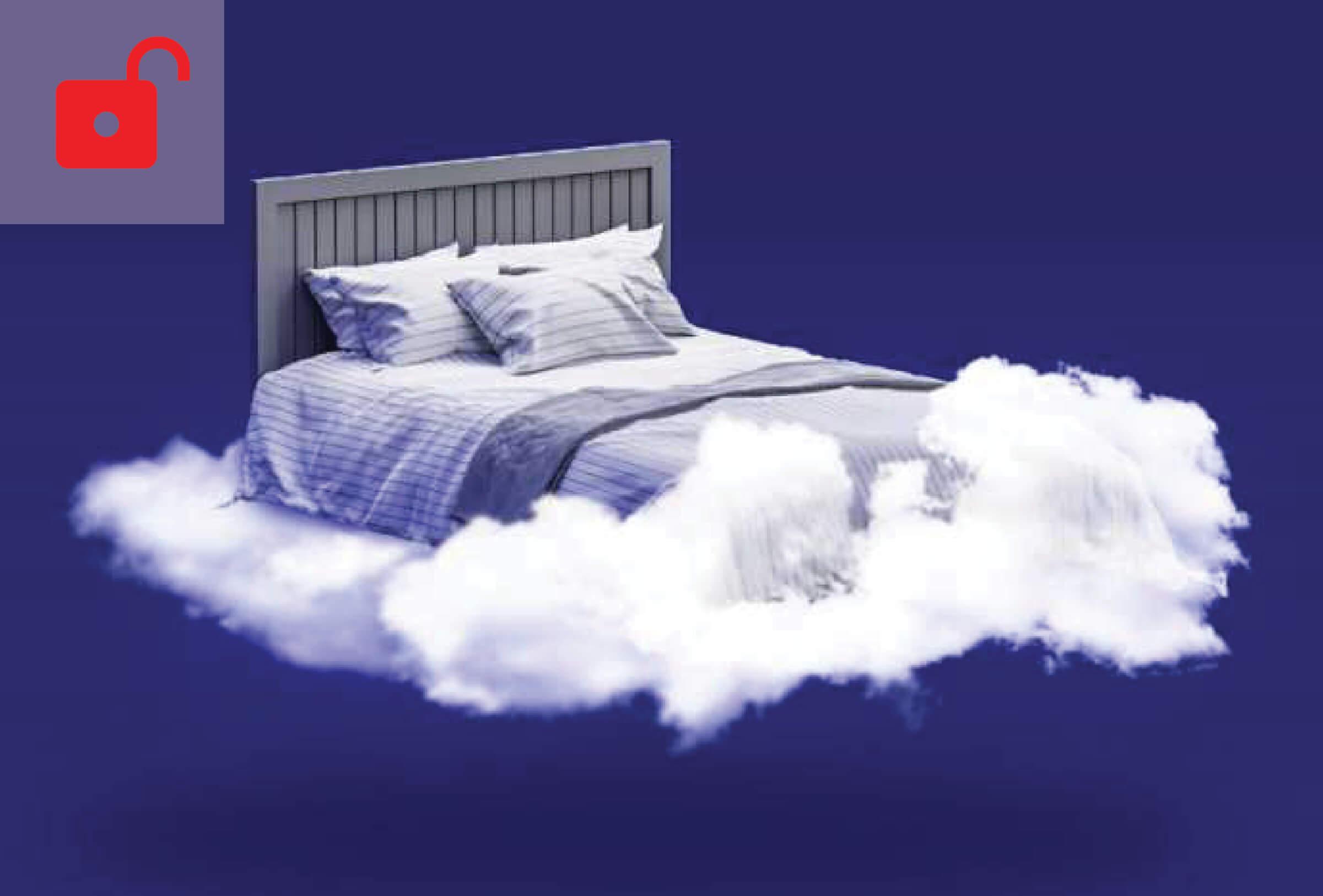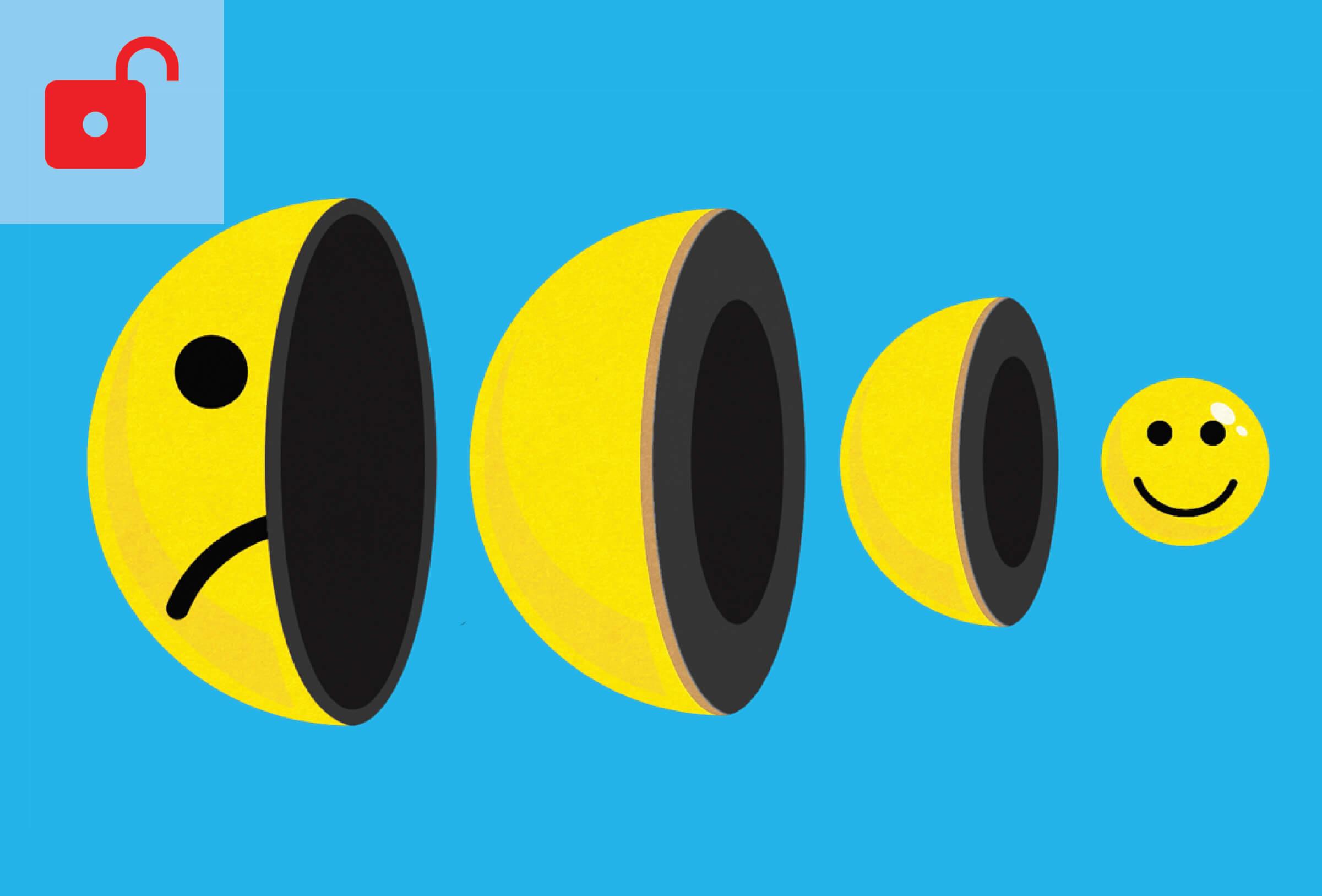Your Health
ASK DR. ADAM
A top internist and cardiologist answers your questions with surprising doctor-tested tips

“Is coffee good or bad for you? It seems like every week, there’s different advice.”
Dr. Adam: Opinions on the health benefits of coffee—or lack thereof—have swung back and forth. But today, the overwhelming evidence shows that it has many advantages.
One benefit for older adults trying to lose weight is that the caffeine in coffee speeds up metabolism, which helps burn calories and suppress appetite. But there’s a caveat: While an 8-ounce cup of black coffee has hardly any calories, some specialty coffee drinks with heavy creams and sugary additives can have as many as 600 calories. This kind of coffee has few, if any, health perks, especially if you’re watching your weight or cholesterol levels.
Coffee—both caffeinated and decaf—also seems to improve some kinds of brain activity. One brain-imaging study found that coffee enhanced connectivity in the memory and decision-making areas. In moderation, coffee can also have an anti-inflammatory effect on the body’s organs, including the brain, which may lead to a lower risk of Alzheimer’s disease and other types of dementia.
How much coffee you can drink depends on your body chemistry. The average healthy adult can safely drink up to four 8-ounce cups, or 400 milligrams, of caffeine a day, according to U.S. Food and Drug Administration guidelines. Keep in mind, though, that some people are more sensitive to caffeine’s effects, especially as they age.
If you drink more coffee than your body can tolerate, you may experience an increased heart rate, palpitations, higher blood pressure or heightened anxiety. You may also have trouble falling asleep.
Another reason to watch your coffee intake is having a sensitive tummy. Caffeine stimulates gastric acid and can irritate the stomach’s lining.
Starting your day with a cup of coffee can be a healthy and energizing choice. Just pay attention to how much you’re drinking and what you’re adding to it.
“I feel breathless when I’m going up two flights of stairs. Is that normal?”
Dr. Adam: If you’re physically fit but feel winded, or even slightly lightheaded, after climbing a couple of flights, it’s most likely nothing to worry about. It’s your body’s way of telling you that your lungs and heart are working harder to get the energy and oxygen they need.
But there are times when you should speak with your doctor. Some folks feel out of breath walking up steps because of the medication they’re taking. For instance, beta-blockers lower blood pressure and slow down your heart rate, making it harder to deliver oxygen to muscles. Other drugs, such as antidepressants, sleep medications and muscle relaxants, can contribute to breathlessness and muscle weakness.
Any sort of lung disease will also likely cause problems climbing stairs. Almost 10 percent of people over age 65 are dealing with chronic obstructive pulmonary disease (COPD), emphysema or chronic bronchitis. Asthma and allergies can also make breathing stressful when you’re exerting yourself. Being overweight can make it difficult too.
I have patients who regularly swim, play tennis or pickleball, bike or row, but when they’re climbing steps, their heart is pounding and they feel breathless. I assure those patients that their heart is probably fine. They’re just using different muscles. Stair climbing requires strong muscles in the front of the thigh and also the buttocks. You can develop these by climbing stairs more often. Lunges and squats can also be helpful.
Research shows that climbing stairs can lower cholesterol, reduce the risk of hardening of the arteries and help us live longer overall, so it’s worth the effort.

Adam B. Rosenbluth, M.D., practices and teaches in New York City. Each Monday online, he answers your questions about how to make your body work better for you.
WANT MORE DR. ADAM?
Go to aarp.org/AskDrAdam
For more advice on living better, go to aarp.org/MembersEdition

AARP Smart Guide to Better Sleep
Forty-three ways to help you get a good night’s rest.

Can Wanting Less Lead to Greater Joy?
A writer finds that more isn’t always better. aarp.org/WantingLess
Help! Politics Is Ruining My Marriage
Tips on bridging the red-blue divide. aarp.org/IntheMood
FROM TOP: JAMES YATES; DELPHINE LEE; KIERSTEN ESSENPREIS; PAUL SPELLA; GETTY IMAGES (2)